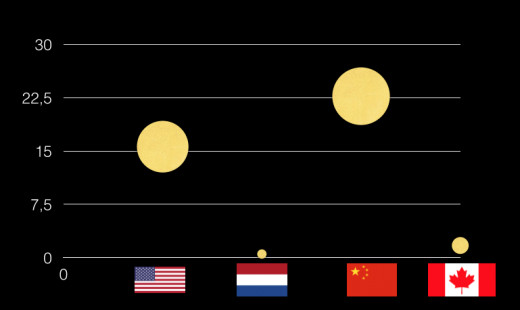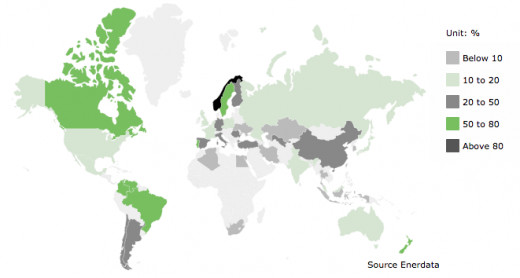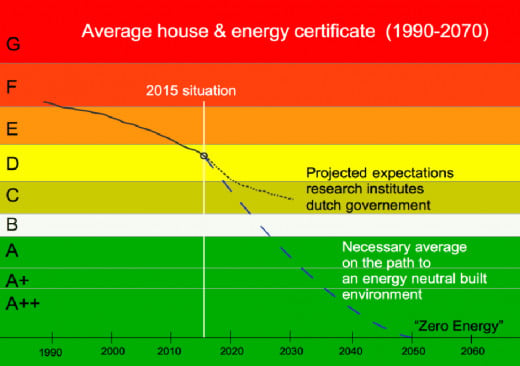Cardinal sentence in The Hague; Dutch government has to put limits on Greenhose Gases Emissions
Lawyer and Urgenda foundation member happy about victory

The health of the citizens is the principle and base of this cardinal sentence. And it could not be other way: "The State has a legal obligation to protect its citizens, and has therefore been required by the court to take the necessary precautions. The court is demanding that the Dutch government do what the government itself has already deemed necessary". That's what GWEC reports about it. And of course that's a landmark for all of those citizens around the world; "hundreds of concerned citizens that could pave the way for similar legal battles" as the New York Times had to say on it.
Previous limits on emissions, although general, worldwide and complex, they were all decided by governments and not imposed to them. With this judgement it has been posed the first real limit to a government on emissions. The reason of such hesitation, lasting from the early 90's, has to be found firstly on the fact emissions do have general consequences and a worldwide impact. So that a single nation can hardly be able to have a sensible impact on emissions global datas. The Netherlands are the first European country over 10 millions inhabitants (otherwise first would be Luxemburg) in CO2 emissions per capita; but due to the smallness of the total population, their emissions are at least 10% of western Europe. So now the impulse comes from a small but emblematic country, and that should be the beginning of a new trend.
Greenhouse gases emissions per countries by absolute data (MtCO2e size) and worldwide percentage (level on axis)

In the end the court is ordering the Netherlands to reduce CO2 emission by a minimum of 25% (compared to 1990) by 2020, while current trend was leading to 16%. Coherently with this, Denmark and Germany are already on course to cut 40% of their CO2 emissions by 2020. Consequences on the economy have been studied: according to the United Nations Foundation "All economic studies of the issue conclude that even with currently available technologies, greenhouse gas emissions can be reduced 80 percent by 2050 without substantially affecting economic growth".
Global renewable electricity production by country, 2013

As it's intuitive, this judgement does give impulse to the growth of the renewable energy sector; which growth starts compensating the loss of energy form the reshaping of the nuclear.
Zero energy buildings have to rise by 10% by tax stimulations

The problem is not the one of economic growth to be affected but the one of new policies to be financed. To reach this saving, energy neutral houses are preeminent element. To give an idea of the proportions, getting energy neutral 10% of Dutch houses (700.000) in five years would generate a sufficient reduction. To agree with legal terms, investments made by people should be around 60 - 80 billions of euros in 5 years. That is to say, half year budget of the Dutch government. this should be possible through fiscal stimulation (ex. saving by deduction and white certificates), as regulation and impositions will be used just to reach the 2050 goals. Interesting to notice, rawly six years revenues form gas can repay the investment.
Scenario about Dutch energy indicator houses




